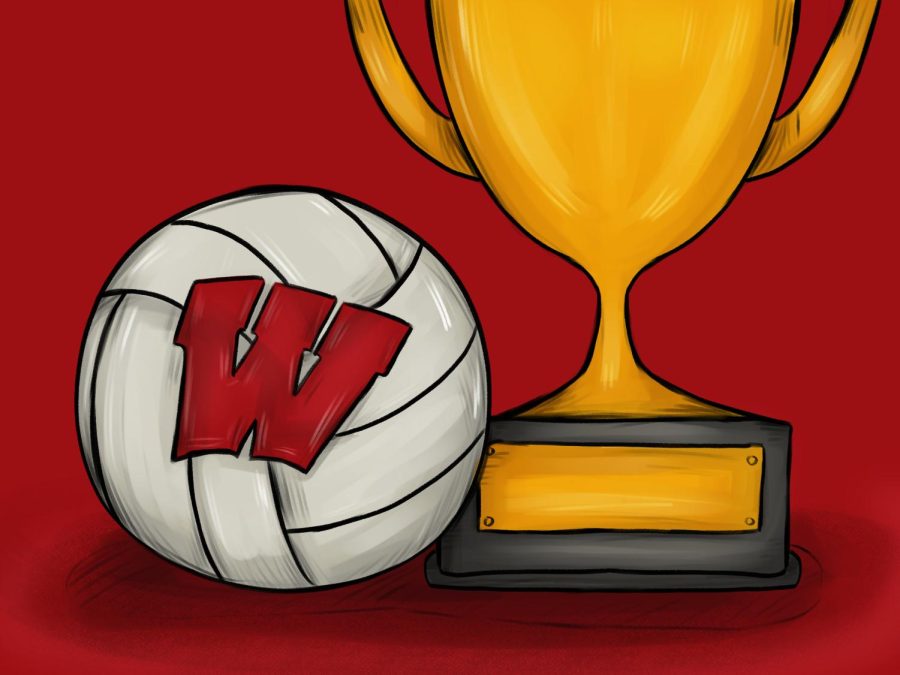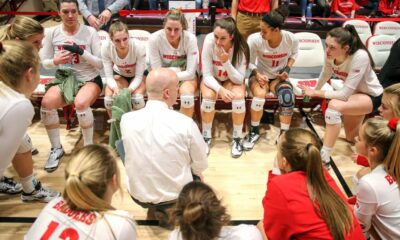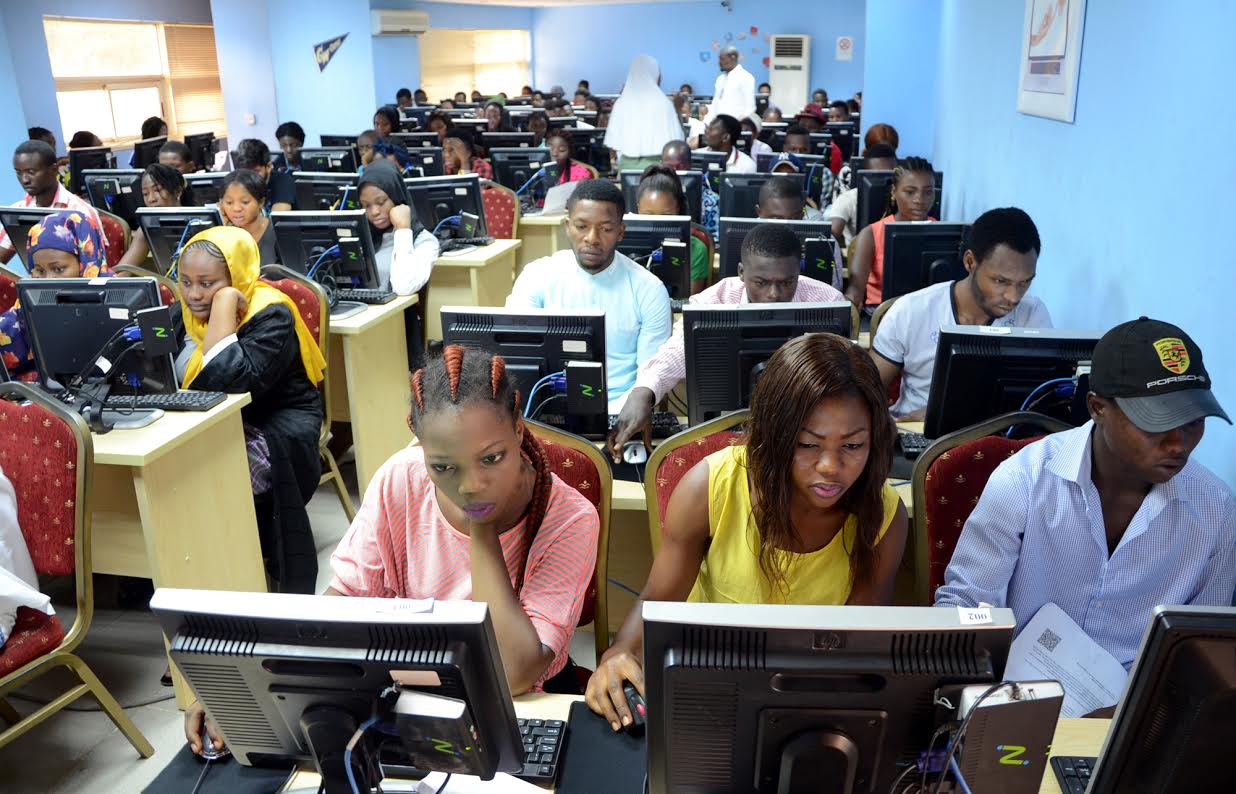Sport
Wisconsin women’s volleyball deserves your respect

After a dynamic week of Big 10 play, the University of Wisconsin women’s volleyball team advanced to no. 3 in the American Volleyball Coaches Association poll. The team ascended two spots after a clean sweep against the—formerly—no. 1 University of Nebraska Cornhuskers, and a four-set win over the no. 9 University of Minnesota Golden Gophers.
With over 7,000 spectators at their home-court UW Fieldhouse, the Badgers tallied their 10th consecutive win against the Golden Gophers. At 17-3 overall and 11-1 in-conference, Wisconsin currently tops the Big 10—one of, if not the most, competitive volleyball conferences in the nation.
The Badgers are pretty f#%&ing good.
But Wisconsin’s success has been both tainted and popularized after explicit photos taken following the team’s 2021 national championship win were leaked this October. While intentionally explicit, the photos were taken on a player’s phone in a private setting during a moment of celebration. The UW-Madison Police Department is currently seeking the person who leaked the photos and is not investigating the student-athletes.
Some attribute the recent jump in Wisconsin women’s volleyball game attendance to the scandal, while others take to social media and sports blogs to joke about the leaked pictures. As usual, these jokes quickly become sexual and illegal, with hundreds of social media users circulating the players’ photos and videos, while others called on more teams to leak their own alleged photos. The topic started trending on TikTok and Twitter, and continues to tally dozens of videos and tweets daily.
Social media makes it feel like everyone’s in on the joke, but the group of young, female athletes whose private photos were shared nonconsensually online faces the brunt of the brutality. While it is literally illegal to share these photos, it is also unethical—and it feeds into a larger commentary of society’s perception of female athletes.
“Media tend to represent women athletes as women first and athletes second,” stated the United Nations Educational, Scientific and Cultural Organization in a video report. “Coverage of women in sports is often dominated by references to appearance, age or family life, whereas men are depicted as powerful, independent, dominating, and valued as athletes.”
While audiences are growing, women’s college volleyball is not the most popular sport—a reality highlighted every time ESPN airs high school football on its main channels and exiles women’s college sports to ESPN2 and 3. With game times on Friday evenings and during the day on Sundays, women’s volleyball is often overshadowed by a night at the bar or a day full of NFL matchups. According to UNESCO, sports participants are about 40% female, but women receive a mere 4% of coverage. Female volleyball players are among the many athletes constantly pushed to the back burner.
When competition is out of sight, celebration is out of mind. Think of the famous post-victory locker room photos taken of male athletes. One image that comes to mind is the iconic snapshot of Chicago Bulls legend Michael Jordan, sobbing joyfully over a trophy after winning his first NBA championship in 1991. Plenty include cigars, champagne, and shirtlessness.
Now, think of the famous post-victory photos taken of female athletes, if there are even any that come to mind. Why aren’t women allowed to celebrate the way men can—especially in the privacy of their locker room?
The great disparity of respect given to female and male athletes is rooted in misogyny. On college campuses and at professional levels, women athletes receive mere percentages of the respect and payment given to their male counterparts. Women athletes’ hard work and talent is constantly undermined by couch-dwellers who are convinced they could beat a WNBA player in a game of 1-on-1 even though they can’t win a game of NBA2K.
Consider the vast difference between facilities at the men’s and women’s NCAA basketball tournaments in 2021, or the pay gap between the U.S. women’s soccer team, a three-time World Cup winner, and the U.S. men’s team, who’s yet to win the cup at all. Women athletes consistently receive a lack of resources, funding, and coverage—unless it serves to fetishize their bodies.
On top of that, the coverage female athletes do receive is often negative, not celebratory. (A Google search for “men’s sex scandals” produces links to four websites selling sandals before a link to the “11 Biggest Sports Scandals of All Time” arises, while a search for “women’s sports scandals” results in a report of long-time sexual abuse against female collegiate soccer players.)
The case of the Wisconsin volleyball team is no exception, but it should be. The team’s performance provides an opportunity for audiences to appreciate women’s volleyball at an unparalleled level. After winning their first national title last season, the Badgers have continued on their upward trajectory—and they should receive the attention they deserve.























